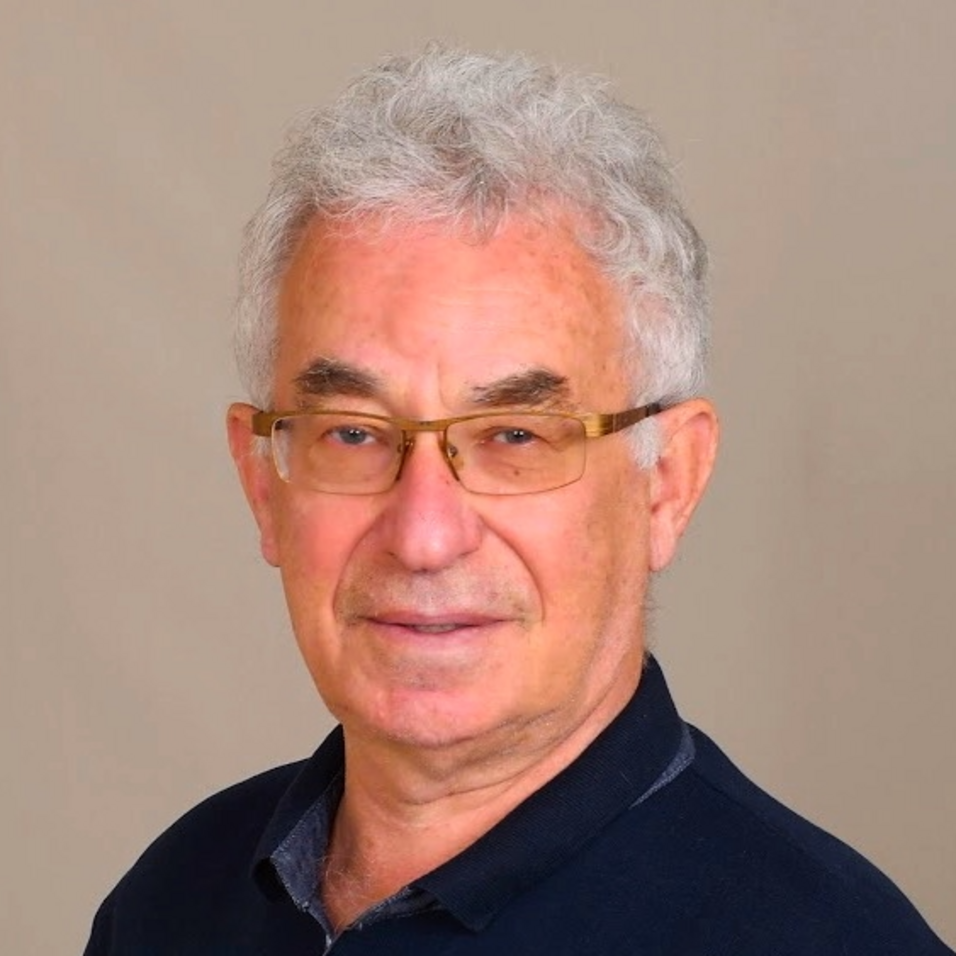Victor L'vov is a Professor at the Weizmann Institute of Science. His contributions to theoretical physics, particularly in the fields of turbulence, wave turbulence, and nonlinear dynamics, made significant advances in understanding the statistical properties of turbulence in fluids and developed theoretical frameworks for wave turbulence phenomena. Prof. L'vov’s work has had a profound impact on fluid dynamics, wave theory, and various applications of nonlinear physics in natural systems.
During his stay in Vienna, he will work with members of the NanoMag group in the frame of the FWF-funded project “Paramagnonics”.
Prof. L’vov will present his talk in our seminar, which outlines the nonlinear theory of interacting spin waves in yttrium-iron garnet (YIG) under strong electromagnetic fields, leading to Bose-Einstein condensation.
Parametric excitation and kinetic instability as a way to Bose-Einstein condensation of magnons
Victor L'vov (Weizmann Ins.)
14.10.2024 at 09:15
Kurt-Gödel-Hörsaal, Boltzmanngasse 5, ground floor, 1090 Wien
The abstract for this talk can be found here

